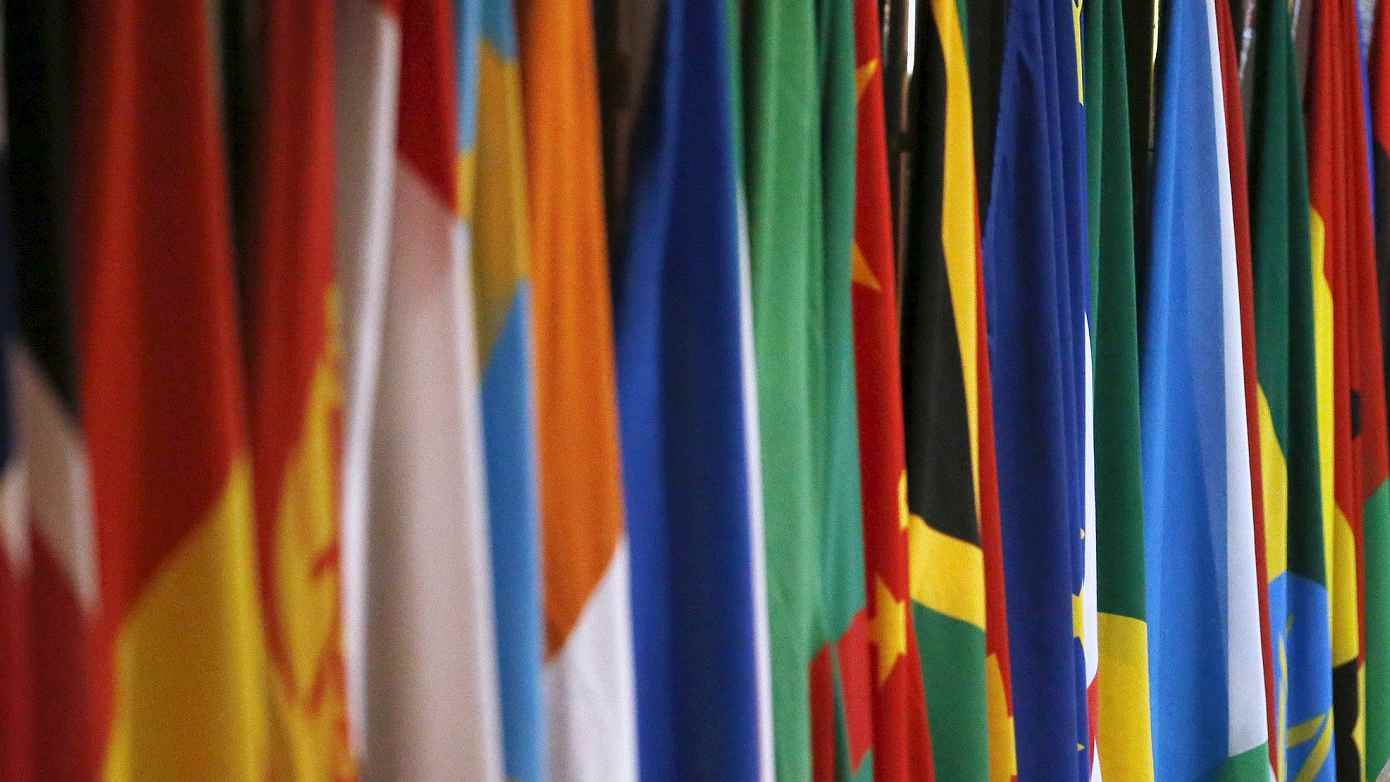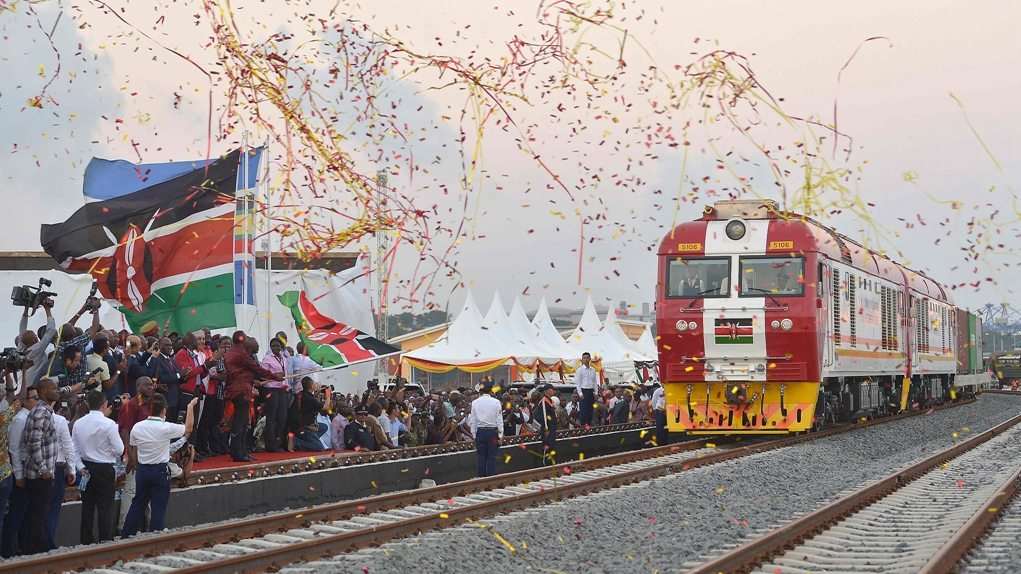

The Western media narrative against China's African enterprise is so overwhelmingly negative that an article in a respected publication offering a nuanced and balanced view comes as somewhat of a surprise.
Feverish claims that the Chinese are recolonizing Africa through huge investments are as patronizing to the continent as they are dismissive of the reality that Beijing had become almost the only game in town.
Noah Smith, a columnist with Bloomberg and a former economics professor, examined the colonizing argument and found it wanting in some aspects. He certainly rejects the notion when it comes to Chinese private sector involvement.
He cites research debunking the claim that Chinese companies in Africa depend on imported labor from home, saying that was the exception rather than the rule and that 95 percent of firms employ locals,
"Skeptics may believe that Chinese factory owners’ profits, which can run to more than 20 percent, represent exploitation by foreigners," Smith writes. But he counters that most of the profits are spent locally as the owners tended to live near their businesses, adding: "The profits reaped by these expatriate Chinese entrepreneurs don't represent colonialist resource exploitation. Instead, they represent the win-win nature of industrialization."
He expects Africans to learn from the Chinese and take charge of their own enterprises in much the same way as China learned from foreign investors after the economy of the Asian economic giant was first opened up four decades or so ago.
Infrastructural loans
"So private Chinese investment in Africa isn't a form of colonialism, and the Japanese, German, and Indian multinationals now setting up shop in Africa aren't colonizers. This is how development works."
Smith suggests that private sector investment ought to be the preferred financing route to avoid the colonialism tag, rather than the large Chinese infrastructural loans to Africa that lead many in the West to worry about the continent's indebtedness.
China is already alert to that thinking, with officials from Foreign Minister Wang Yi down suggesting in recent months that future loans must be for projects that are "sustainable."
Vice Minister of Commerce Qian Keming has spoken of the need to put the focus first on projects that can provide cash returns and to set "clear thresholds in lending."
"Secondly, we need to shift from reliance on the central governments to drawing in other sectors such as enterprises, think tanks, and financial institutions," Qian said in June.
Whatever the motivation, China talks up Africa like no other major nation. President Xi Jinping, in remarks it is hard to imagine any other world leader delivering, told a meeting with African heads of government at the G20 summit in Osaka that China is ready to push the international community to increase input in Africa, work with the United Nations to help African countries properly cope with global challenges, and carry out third-party cooperation with the UN and international partners in Africa on the basis of respecting Africa's will.

The Chinese-built Mombasa to Nairobi railway is Kenya's biggest infrastructure project since independence in 1963. /Xinhua Photo
It is this approach that has left the United States gasping and struggling to come up with a coherent African policy. The Wall Street Journal this week reported on the collapse of a partnership between the Overseas Private Investment Corp., the U.S. government agency that assists businesses looking to invest abroad, and the New York-based real-estate investor W.P. Carey on a "prestigious" university project in Ghana that the paper said was meant to demonstrate a novel for-profit funding model for development projects in Africa.
Largest trading partner
"Instead, it left a wasteland of unfinished lecture halls, dormitories and a pile of litigation. And it marked a high-profile setback for U.S. government efforts to counter China's growing investment influence on the continent," the Journal said.
The fact is that China has been the largest trading partner of Africa for 10 consecutive years. In 2018, trade volume between China and Africa amounted to 204.2 billion U.S. dollars, up 20 percent year on year, Xinhua reported.
Given the claim in the West that China wants to get cheap access to the continent's resources, China's imports of non-resource products from Africa have increased significantly. In 2018, China's imports from Africa went up 32 percent year on year, with the imports of agricultural products up 22 percent.
For all the talk about colonialism, it is ironic that a Chinese company started construction last week of a memorial center recalling a historic Ethiopian victory against its former Italian masters.
On March 1, 1896, Ethiopian forces defeated the foreign invaders in the Battle of Adwa, the first crushing defeat of a European power by African forces during the colonial era.
As Smith noted in his article, colonialism involves domination through violence. It is no surprise then that China would consider it outrageous that anybody would characterize its "friendly, mutually beneficial cooperation" with 21st century Africa in colonialist terms.

Copyright © 2018 CGTN. Beijing ICP prepared NO.16065310-3
Copyright © 2018 CGTN. Beijing ICP prepared NO.16065310-3